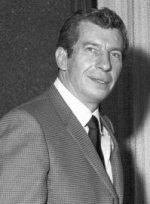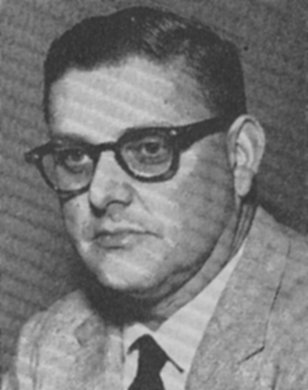Radio HOF
Moreno, Buddy
Buddy Moreno – Legacy
Buddy Moreno’s name became synonymous with the Big Band era because the group he led appeared many times on CBS, NBC and Mutual network radio from 1947 – 1952. His CBS appearances included several stops on “Saturday At the Chase,” which originated live from St. Louis.
His second career was as a disc jockey, first at WHHM in Memphis. After a year there, he returned to St. Louis, where he worked at KWK, WEW and WSIE. At the latter two stations, the formats allowed Moreno to share his big band expertise and experience with listeners, and he developed a regular following that would tune in just for his programs.
He was an all-night disc jockey at KWK for ten years, moving to WEW to take the job of announcer/program director. In 1996, Moreno came out of retirement to host a weekly big band program on non-commercial WSIE.

